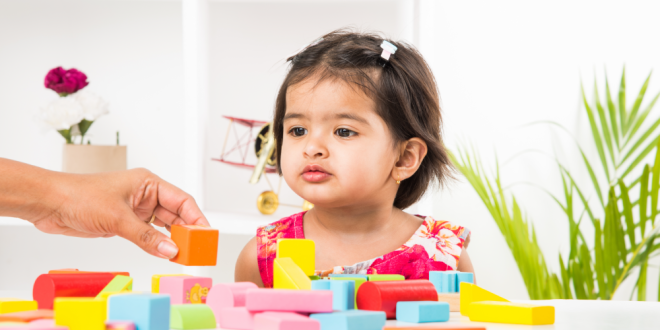In a new major step to enhance Emirati students’ access to quality early learning services, Abu Dhabi Department of Education and Knowledge (ADEK) has unveiled its plans to launch 10 new public nurseries over two years with a total capacity of over 4,000 seats as part of its Public Nurseries Project, which was approved by the Abu Dhabi Executive Council.
Registration for the first intake opens in October 2023 to accommodate 2,000 Emirati students aged between three months to four years, with priority given to children of families benefiting from social support.
“Establishing 4,000 nursery seats is more than just an educational initiative – it’s a strategic investment that will positively affect Emirati families and our workforce. By significantly improving access to early education, we’re providing families with new opportunities, potentially altering their economic pathways, and relieving the burden of childcare, allowing them to fully participate in and contribute to our economy,” said Sara Musallam, Minister of State for Early Education, and Chairwoman of ADEK.
“This initiative plays a crucial role in stimulating job creation as well. We’re paving the way with increased demand for dedicated and skilled early educators, caregivers and support staff in our nurseries. This surge in education and caregiving roles not only expands our workforce but also contributes to a diversified and resilient economy.”
The 10 new public nurseries will have a lasting impact on enrolment rates of Emirati students in early education institutions. Over the next five years, these nurseries will cater to approximately 10,000 Emirati children, reaching over 32,000 children in the next ten years.
The new nurseries represent a further boost to Emirati students access to quality early education services which are essential for their growth and academic progress. Children who benefit from a quality early education show 70% improvement in their language, math and social skills. A quality early education will also instill a deep sense of national identity, and foster the Arabic language at younger ages.
Additionally, nurseries also lead to positive economic dividends by providing employment prospects for Emirati educators and enabling parents to work and actively contribute across diverse sectors.
 UAE BARQ برق الإمارات – نبضك
UAE BARQ برق الإمارات – نبضك



